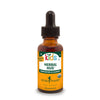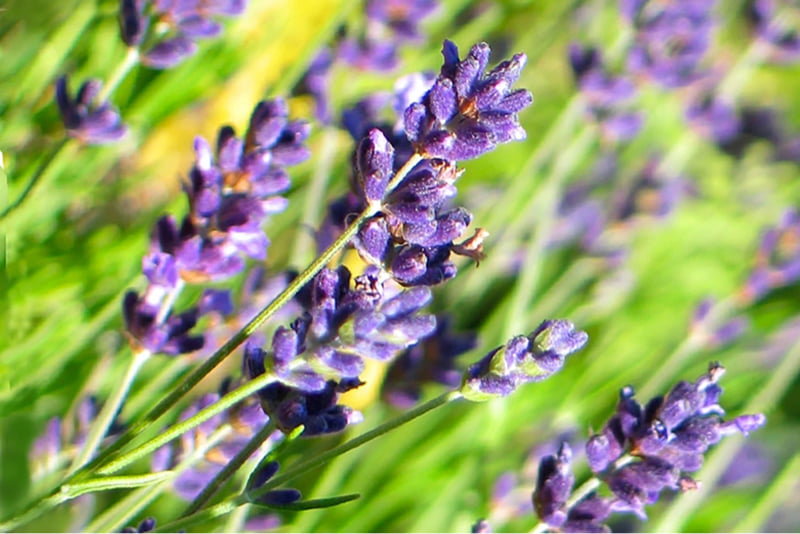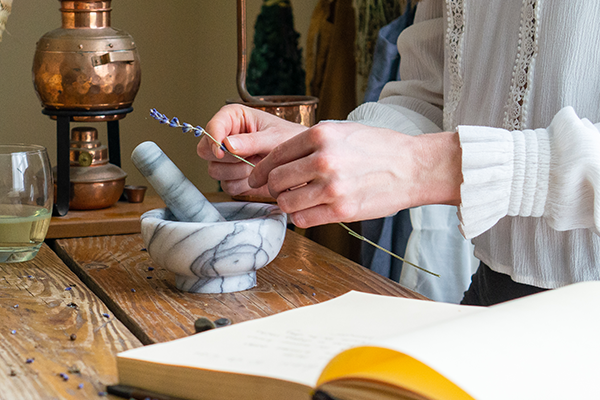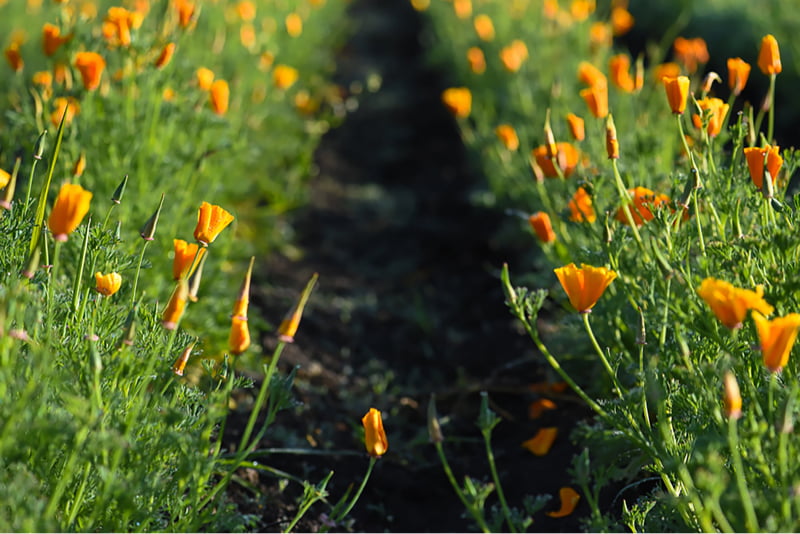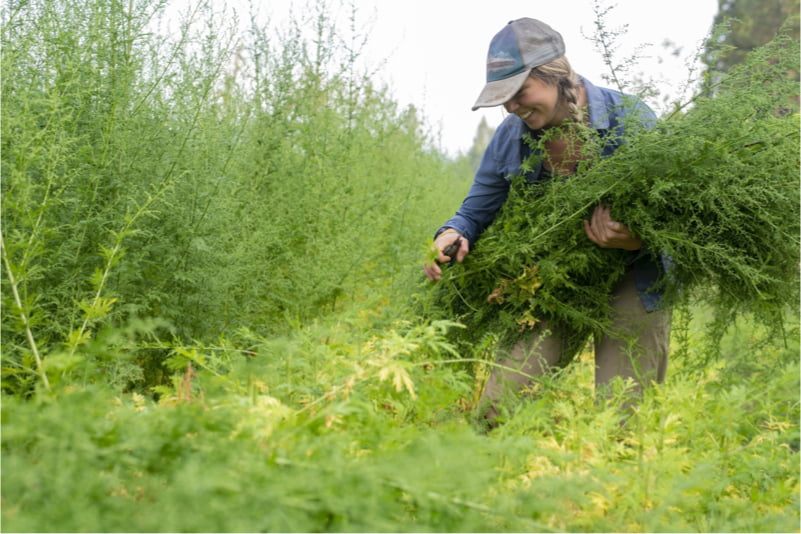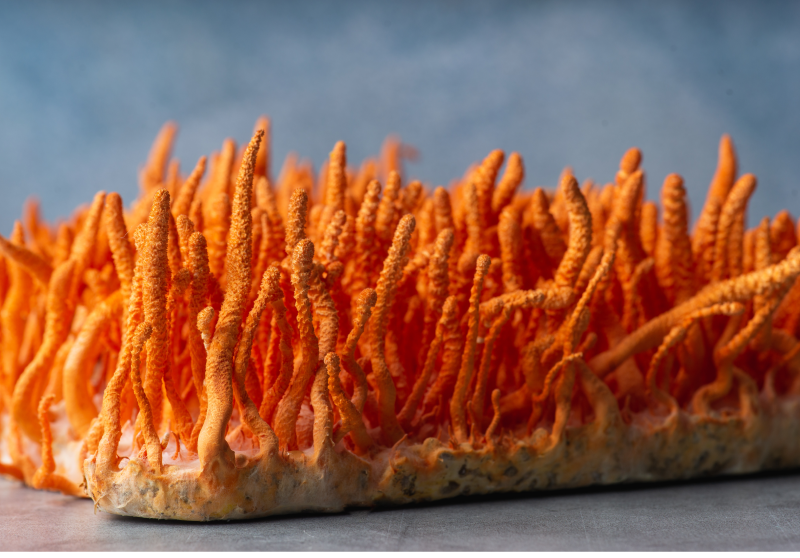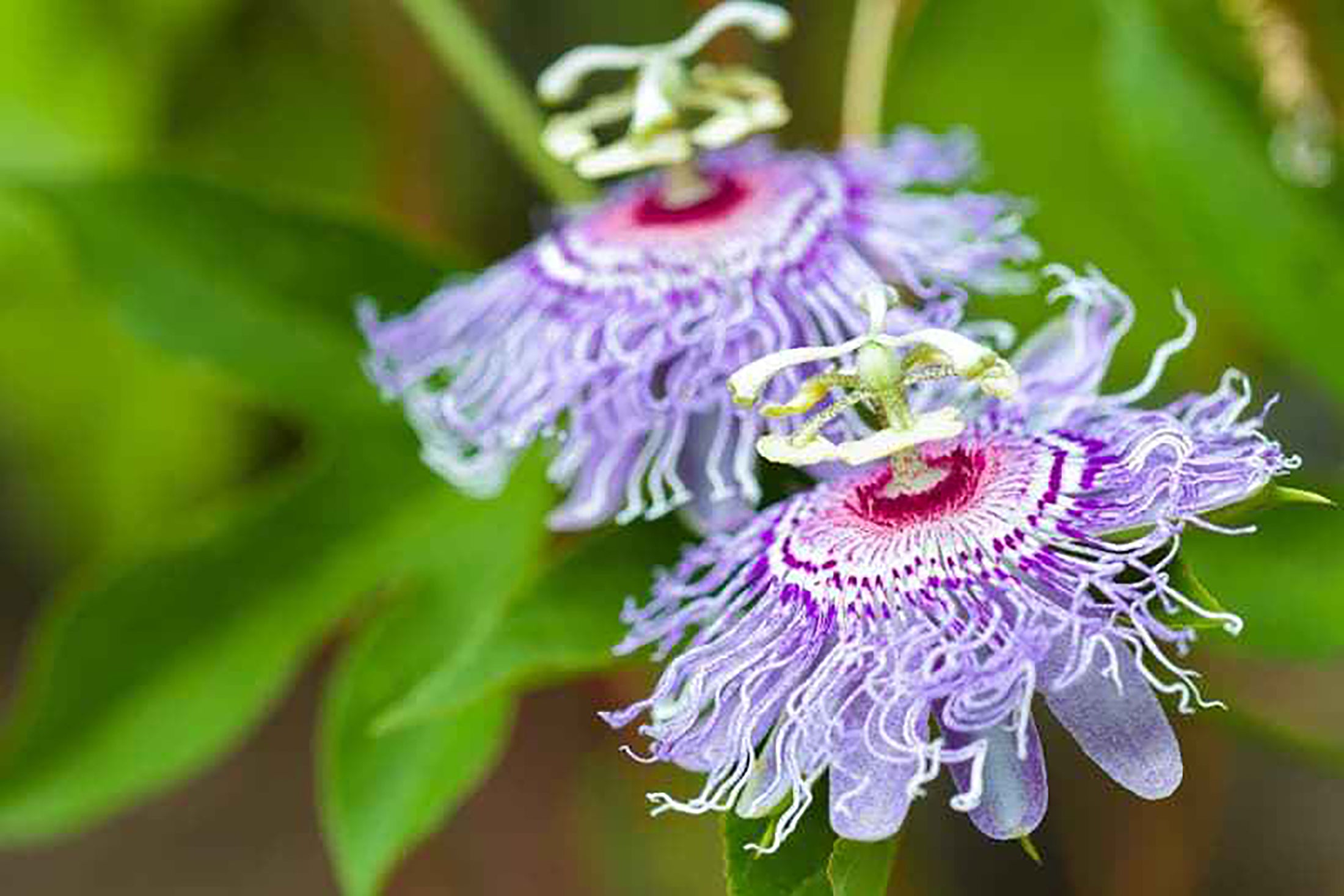The more time we spend with plants, the more we learn — and the more amazed we become. Did you know that,
like us, plants actually have an immune system? It’s true. While our systems are different in many ways,
there are also many similarities. Understanding how a plant’s immune system functions might help you better
understand how your own immune system works.
It could also foster a deeper connection to plants — from the herbs in your favorite products to the trees
in your backyard.
This time of year, you can look around and see leaves and petals falling from trees and flowers on a regular
basis. That process is actually a chance to observe a plant’s immune system in action. Every petal that, for
example, an Echinacea flower sheds leaves behind a tiny wound or opening in the plant. (While not a perfect
analogy, think of what happens when you get a paper cut.)
That tiny little opening must be quickly resealed to keep the plant strong and healthy. This process happens
incredibly fast, so it’s invisible to the naked eye. But right under our gaze, that Echinacea plant’s immune
system is hard at work.
As with your own immune system, a plant’s natural defenses help it cope and react to natural processes, like
aging or losing petals toward the end of its flowering cycle, as well as invaders that threaten its
well-being. In fact, for every threat that a plant faces — like a black spot fungus on a Rose plant or the
hornworms on a Tomato plant — it has a response to defend against it. That means that plants can detect
specific threats, then react accordingly. Your body does the same.
Some familiar aspects of plants are actually related to immune function, including:
- Thorns or barbs on a plant deter predators. Think about Stinging Nettle hairs, prickles on Red Raspberry
or Rose bushes or thorns on Devil’s Claw or Cat’s Claw.
- Resins and latex help seal wounds in a plant. You might know Myrrh or Boswellia oleo-gum-resin or
Dragon’s Blood sap. And when you pick a Dandelion or California Poppy flower, the sticky, opaque
substance (latex) is exuded to protect the stem and roots you leave behind.
- The thick, waxy leaves of Rhodiola and other plants that grow in extremely harsh climates are evidence
of how they adapted to survive amid the elements.
A plant’s immune responses work together, forming a defense network or innate immune system. This includes
responses to predators as well as disease and environmental issues, like changes in pH or soil nutrients,
droughts and floods. Plants use strength in numbers to resist changes or adapt to them. This is how they
bounce back when deer eat your Hostas or cabbage worms annihilate your Kale.
Unlike humans and other vertebrates, plants do not have an adaptive immune system. Your adaptive immune
system contains specific immune cells and is acquired, while the innate immune system is built-in. Plants
can, however, launch non-specific, self-tolerant immune responses and establish immune memory.
This means if your Rose bush gets black spot fungus this year, it’ll know how to respond in future years.
That doesn’t mean a little human intervention wouldn’t be welcomed, just that the plant does recognize the
fungus and have a capacity to fight back. (Similar to your own body.)
By better understanding how a plant’s immune system works, we can make it more resistant to drought, disease
and more. On our Regenerative Organic Certified farm, this means bigger, more resilient crops of herbs grown
with fewer resources.




